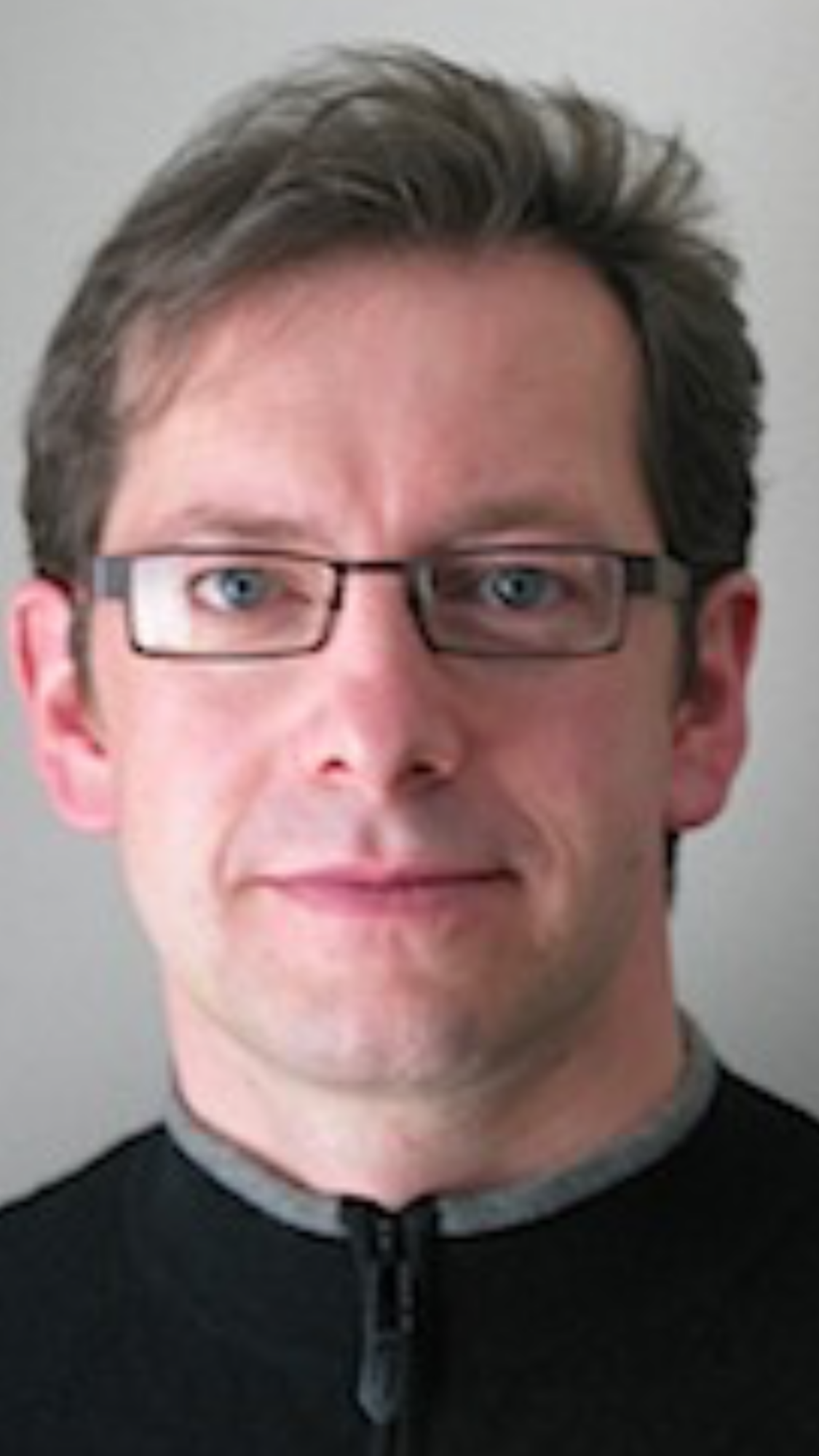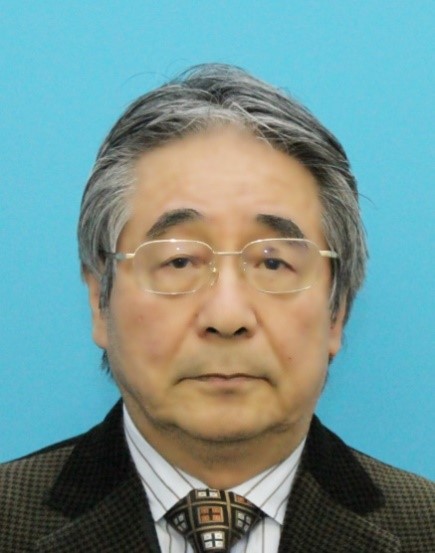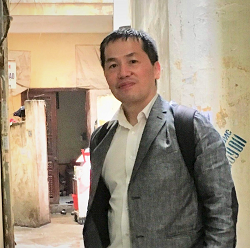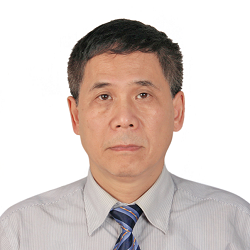

Biography: Marek Reformat received his MSc degree (with honors) from Technical University of Poznan, Poland, and a PhD degree from University of Manitoba, Canada.
His initial research projects involved different aspects related to computer networks, especially in the area of management and performance measurement. He co-authored several papers and reports regarding this topic. During his PhD studies, his research interests included distributed computing, with emphasis on fault-tolerant systems in such frameworks as Parallel Virtual Machine (PVM) and Message Passing Interface (MPI); optimization methods; and fuzzy sets and systems. His principle interest was related to evolutionary computing and its application to optimization problems. He proposed a new methodology for design of control systems, which relied on a combination of advanced system simulators and genetic computation. He applied this concept to the control design problem in the area of power systems. In 1997 he joined the Manitoba HVDC Research Centre, where he was a member of a simulation software development team. He was involved in improvement and development of an electromagnetic transients program for time-domain simulation, performed functional and structural testing of the software, and provided expert consulting services in the area of simulation and modeling internationally.
Marek has been with the Department of Electrical and Computer Engineering at University of Alberta since July 2000. He is Professor and Associate Chair of Graduate Studies in the Department. In addition, he is an Associate Editor of a number of journals related to computational intelligence and software engineering. He has been a member of program committees of several conferences related to those areas. He is actively involved in North American Fuzzy Information Processing Society (NAFIPS). He is a member of the IEEE and ACM.
Research Interests
The goal of Marek Reformat’s research activities is to develop methods and techniques for modeling data and knowledge, as well as design systems that possess abilities to imitate different aspects of human behavior. In this context, he uses concepts of computational intelligence — granular (fuzzy) computing, neuro computing, and evolutionary computing — as key elements necessary for capturing relationships between pieces of data and knowledge, as well as for mimicking human ways of reasoning about opinions and facts. He combines these methods with techniques capable of dealing with uncertainty - Bayesian systems, and Dempster-Shafer's evidence theory. These activities focus on introduction of human aspects to software systems, and development of more human-aware and human-like systems.
Current Research
The current research projects embrace the following areas:

Biography: Vladik Kreinovich received his MS in Mathematics and Computer Science from St. Petersburg University, Russia, in 1974, and PhD from the Institute of Mathematics, Soviet Academy of Sciences, Novosibirsk, in 1979. From 1975 to 1980, he worked with the Soviet Academy of Sciences; during this time, he worked with the Special Astrophysical Observatory (focusing on the representation and processing of uncertainty in radioastronomy). For most of the 1980s, he worked on error estimation and intelligent information processing for the National Institute for Electrical Measuring Instruments, Russia. In 1989, he was a visiting scholar at Stanford University. Since 1990, he has worked in the Department of Computer Science at the University of Texas at El Paso. In addition, he has served as an invited professor in Paris (University of Paris VI), France; Hannover, Germany; Hong Kong; St. Petersburg and Kazan, Russia; and Brazil.
His main interests are the representation and processing of uncertainty, especially interval computations and intelligent control. He has published eight books, 24 edited books, and more than 1,500 papers. Vladik is a member of the editorial board of the international journal "Reliable Computing" (formerly "Interval Computations") and several other journals. In addition, he is the co-maintainer of the international Web site on interval computations http://www.cs.utep.edu/interval-comp.
Vladik is Vice President of the International Fuzzy Systems Association (IFSA), Vice President of the European Society for Fuzzy Logic and Technology (EUSFLAT), Fellow of International Fuzzy Systems Association (IFSA), Fellow of Mexican Society for Artificial Intelligence (SMIA), Fellow of the Russian Association for Fuzzy Systems and Soft Computing; he served as Vice President for Publications of IEEE Systems, Man, and Cybernetics Society 2015-18, and as President of the North American Fuzzy Information Processing Society 2012-14; is a foreign member of the Russian Academy of Metrological Sciences; was the recipient of the 2003 El Paso Energy Foundation Faculty Achievement Award for Research awarded by the University of Texas at El Paso; and was a co-recipient of the 2005 Star Award from the University of Texas System.

Biography: Klaus-Peter Adlassnig received his MSc degree in Computer Science from the Technical University of Dresden, Germany, in 1974. He joined the Department of Medical Computer Sciences of the University of Vienna Medical School, Austria, in 1976. In 1983, he obtained his PhD degree in Computer Sciences from the Technical University of Vienna, Austria, with a dissertation on “A Computer-Assisted Medical Diagnostic System Using Fuzzy Subsets”. Dr. Adlassnig was a postdoctoral research fellow with Professor Lotfi A. Zadeh at the Computer Science Division at the Department of Electrical Engineering and Computer Sciences of the University of California at Berkeley, U.S.A., from 1984–86. He received his Venia docendi for Medical Informatics from the University of Vienna in 1988 and became Professor of Medical Informatics in 1992. In 1987, he received the Federal State Prize for excellent research in the area of rheumatology, awarded by the Austrian Federal Ministry for Health and Environmental Protection. From 1988–2015, he was head of the Section on Medical Expert and Knowledge-Based Systems at the Department of Medical Computer Sciences of the University of Vienna Medical School (now: Section for Artificial Intelligence and Decision Support at the Center for Medical Statistics, Informatics, and Intelligent Systems, Medical University of Vienna). In 2014, he has been elected to Fellow of the American College of Medical Informatics (ACMI), and in 2018 to Fellow of the International Academy of Health Sciences Informatics (IAHSI).
Prof. Adlassnig was a Visiting Professor at the Department of Medicine, Section on Medical Informatics, at the Stanford University Medical Center, U.S.A., in summer 1993, and a guest lecturer and guest professor at the Department of Electrical and Biomedical Engineering in the Technical University of Graz, Austria, from 1994 to 2004. He spent the summer 2000 as a visiting scholar at the Department of Electrical Engineering and Computer Sciences, Computer Science Division, Berkeley Initiative in Soft Computing (BISC), University of California, Berkeley, U.S.A., May 2005 as guest researcher at the Department of Computer Science, Meiji University, Kawasaki, Japan, and September 2008 as visiting scientist at the Clinical Decision Making Group, Computer Science and Artificial Intelligence Laboratory (CSAIL), Massachusetts Institute of Technology (MIT), Cambridge/U.S.A.
From 2002 to 2016, Prof. Adlassnig was the Editor-in-Chief of the International Journal “Artificial Intelligence in Medicine”, Elsevier Science Publishers B.V., and was the director of the Ludwig Boltzmann Institute for Expert Systems and Quality Management in Medicine from 2002 until 2005. He is co-founder, CEO, and Scientific Head of Medexter Healthcare GmbH (www.medexter.com), a company established to broadly disseminate intelligent medical systems with clinically proven usefulness. Since its inception in 2002, Medexter succeeded in establishing technical platforms and clinical decision support systems for a number of academic, commercial, and clinical institutions.
Prof. Adlassnig’s research interests focus on computer applications in medicine, especially medical expert and knowledge-based as well as clinical decision support systems and their integration into medical information and web-based health care systems. Prof. Adlassnig is highly interested in formal theories of uncertainty, particularly in fuzzy set theory, fuzzy logic, fuzzy control, and related areas. He is equally interested in the theory and practice of computer systems in medicine. Prof. Klaus-Peter Adlassnig’s sphere of interest includes various aspects of the philosophy of science, particularly the state and future impact of artificial intelligence.

Biography: Dr. Junzo Watada received his B.Sc. and M.Sc. degrees in electricalengineering from Osaka City University, Japan, in 1970 and 1972 respectively, and his Ph.D. degree from Osaka Prefecture University, Japan. Currently, he is an invited researcher, IPS Research Center, Waseda University at Kitakyushu, Japan and a professor emeritus, Waseda University, Japan.. He received the Henri Coanda Medal Award from Inventico in Romania in 2002. He is a Life Fellow and a Honorary Member of the Japan Society for Fuzzy Theory and intelligent informatics (SOFT). Prof Watada is an IEEE life senior member, Executive Chair of ISME as well as of WCICME, the president (2019-2021), Forum of Interdisciplinary Mathematics after being a vice-president for six years. He commits himself in editing various international journals as a principal editor of several journals and an editorial board member of more than Finally we will report recent resulted of deep learning understanding of video pictures based on Masking Vision Based Autonomous Navigation. 30 journals. His professional interests include artificial neural network, human tracking, human centric data mining, soft computing, knowledge engineering, financial engineering and management engineering.He published more than 900 papers including 274 journal papers (63 Q1), (48 Q2), 3 monograms, 15 edited books and 112 book chapter more than 500 int. conference papers.

Biography: Hung Son Nguyen received the Ph. D. in 1997, D. Sci. (habilitation) in 2008 and he is working as a professor in University of Warsaw. His main research interests are fundamentals and applications of Rough set theory, data mining, text mining, bioinformatics, intelligent multiagent systems, soft computing, pattern recognition. On these topics he has published more than 140 research papers in edited books, international journals and conferences. Hung Son Nguyen is the fellow of International Rough Set society, and a member of the Editorial Board of international journals, i.e., "Transaction on Rough Sets", "Data mining and Knowledge Discovery" (from 2005-2008) and "ERCIM News", Computational Intelligence and the Manager Editor of "Fundamenta Informaticea". He has served as a program co-chair of RSCTC'06 and ’RSKT2012, IJCRS2018, as a PC member of various other conferences including PKDD, PAKDD, AAMAS, RSCTC, RSFDGrC, RSKT, etc., and as a reviewer of many other journals. He was involved in numerous research and commercial projects including dialog-based search engine (Nutech), fraud detection for Bank of America (Nutech), logistic project for General Motors (Nutech), Semantic Search Engine, Intelligent Decision Support System for Firefighting in Poland, RID – Development of Innovative Transport System and Recommendation system for fashion and cosmetic branches.

Biography: Nguyen Tien Zung obtained my PhD in 1994 in Strasbourg, was CNRS Researcher during the period 1995-2002, and then became Professor of Mathematics at the University of Toulouse in 2002. In 2015 I was promoted to Distinguished Professor (classe exceptionnelle). I'm also the Founder of the artificial intelligence startup Torus Actions SAS, that currently has about 15 PhDs in Maths and AI as permanent employees and collaborators. One of the main projects of Torus Actions, the Skin Cancer AI, has achieved an unprecedented level of accuracy and informativeness, and recently won a big research grant from the European Research Council, as well as a "Deep Tech Prize" from BPI (French Public Bank of Investments).

Biography: Nguyen Hoang Phuong received the Ph. D. in 1996 in Computer Sciences from Technical University of Vienna, Austria with a dissertation on "Some contribustions to Fuzzy Expert Systems with emphasis on Medicine" under supervision of Professor Klaus-Peter Adlassnig of the Medical University of Vienna, Austria. Dr. Phuong received the title of Associate Professor in Informatics in 2002 from the State Council of Promotion of Professorship, Vietnam. Since 1979, he worked at the Institute of Information Technology, Vietnam Institute of Sciences (now Institute of Information Technology, VAST, Vietnam), since 2004, he worked Director of Center of Informatics, MOH of Vietnam, since 2009 – Deputy Director of Department of Science and Training, MOH, since 2012 - Deputy Director General and Head of Authority of Information Technology, MOH. Vietnam. Since 2015, he worked as Associate Professor at the Mathematics-Informatics Faculty, Thang Long University, Vietnam.
His main research interests are medical informatics, Artificial Intelligence, fuzzy expert systems, soft computing and Deep Learning with applications in medicine.
On these topics he has published more than 140 research papers in international/national journals and conferences, edited/co-edited 12 books, 9 proceedings of the International Conferences and 7 Proceedings of National Conferences on Medical Informatics and Applications of MOH of Vietnam. He was co-guest editor of 5 special issues on “Fuzzy Systems and Applications of International Journal of Uncertainty, Fuzziness and Knowledge Based Systems (IJUFKS); Biomedical Soft Computing and Human Sciences; Journal of Advanced Computational Intelligence and intelligent informatics. He was invited to give special talks at many institutes and Universities as Department of Med. and Bio. Informatics, German Cancer Research Center, Univ. of Heidelberg, Germany (1995), the Intelligent Systems Research Lab, School of Systems Engineering, University of Wales Cardiff, UK (1996), the Medical Computing Lab, Department of Information Systems and Computer Science, National University of Singapore (1996), Department of Computer Science and Department of Mathematics, University of Texas at El Paso, USA (1997), NASA PACES Center, UTEP at El Paso, USA (1997) , the Dept of Engineering, Osaka Prefecture University, Japan (1998), the Faculty of Engineering and Center of High Technology, Hokkaido Gakuen University, Japan (1998), Department of Medical Informatics, College of Medicine, National Taiwan University, ROC (1999), Osaka Institute of Technology, Japan (1998,1999), Kyushu Institute of Technology, Japan, (1999), Department of Computer Science, Mejij University, Japan (2000), Department of Engineering, University of Himeiji, Japan (2000), Department of Computing, HongKong Polytechnic University (2000) plenary talks at the international conferences BMFSA’99 (Japan), MIST’99 (Taiwan), MIF’99 (Vietnam)...,